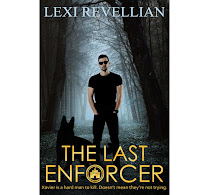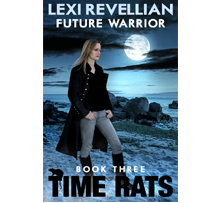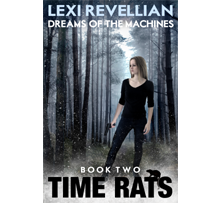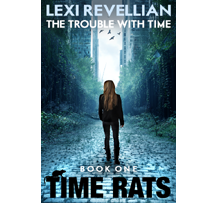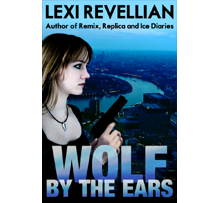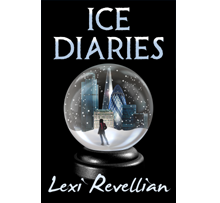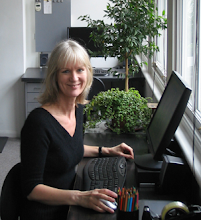 Today I'm pleased to have a guest post by John Harding, a mainstream author with four published books.
Today I'm pleased to have a guest post by John Harding, a mainstream author with four published books.
I DIDN’T KNOW I KNEW THAT
by John Harding
The American novelist Wally Lamb once wrote: ‘I write to discover what I didn’t know I knew.’ I find it’s a phrase that resonates and by way of illustration, let me tell you a story about me.
In my novel Florence and Giles, for reasons I won’t go into here, Florence, the 12-year-old narrator, has never been allowed to learn to read. But one day she discovers the neglected library of the decaying old mansion where she lives, an immense dusty, disregarded room crammed with books. Visiting it in secret, she teaches herself to read, and then proceeds to work her way through the books there. It’s a forbidden, clandestine act, and Florence has to take many precautions to avoid being caught. If she is, she’ll be banned from the room and have no more books again. So she’s always extremely careful to leave the books exactly as she found them.
Now, when I’d finished it, one of the things I liked about Florence and Giles was that my previous three novels had all contained clear elements of autobiography. For the first time I’d written a book that had nothing to do with my life. Everything in it was completely made up. Or so I thought.
After the book came out I was giving a talk about it one day and someone asked a question – I can’t even recall what it was now – and suddenly I found myself replaying an episode from my childhood. It wasn’t just something I hadn’t thought about for nearly years; it was something I’d completely forgotten.
I grew up in a house with only four books in it on a council estate in a bleak and remote Fenland village where culture simply didn’t exist. It’s likely I’d never have become a prolific reader, let alone a writer, but for one thing. I had my early education in the village primary school (roll call 90 kids) and my mother was the school caretaker. Or, take away the fancy title, the cleaner. Every day when school finished at three o’clock and the teachers and the other kids all left, I stayed behind and my mother arrived and got to work. Last thing every day, before they went home, every pupil had to put his chair on his desk. First thing my mother did was to sweep the floors and when she’d done that (it didn’t take long; she was a fast worker and she had a lot to do) it was my job to stand all the chairs down again so she could clean the desks. Once I’d done that I was free.
The school had three classrooms, for kids aged 5 to 7, 7 to 9, and 9 to 11. Each classroom had its own teacher who taught two different year groups within that class. Now, at first, when I started school at five years old, there wasn’t a whole lot to do after school once I’d finished with the chairs, but pretty soon I learned to read and once I did, I was off. It didn’t take me long to work my way through all the books in my own classroom, the infants. They mainly concerned two kids called Janet and John whose idea of a good time was to point at every day objects or animals and say something like ‘See a dog’ or ‘See a chair’. Once I’d mastered all of these in my after school sessions, I started on those in the next classroom up. There was a frisson of excitement about this, because I never entered it during school time. In most ways it wasn’t any different from the infants except it didn’t have the Wendy house or the portable sandpit on wheels. The principal difference was, the books. Suddenly I was transported into a magical place. I remember clearly a whole series of little books with horizontally red-and-white striped covers and large print. Each one contained an ancient Greek or Norse myth. I especially loved the ones about Loki the Norse god of mischief who caused havoc in Valhalla just for the hell of it. My most spectacular find was Tintin. There were two of them: King Ottaker’s Sceptre and The Crab With the Golden Claws. Of course, I knew comics, no child of the fifties didn’t, but this was something else. A proper hardback book consisting of just one story, in the most beautiful colours. I would have given anything to own one of them. It was another ten years before I did.
Anyway, I read my way through everything in 7-9 long before I was officially allowed to enter that room, and after that I went at the ones in 9-11 and by the time I was nine I was relying on new books arriving or rereading stuff I’d already read, because I’d already read every book in the school. Right from the start my mother had told me, ‘Mr Teale (he was the head teacher) might not like you touching those books, so don’t say anything to anyone about it. And make sure you put them back exactly where you find them.’ Looking back on it, my mother’s attitude seems tantamount to paranoia. Surely the headmaster would have been delighted to find a child so keen to read? But I never thought to question it. I supposed she was worried about stepping out of line in any way in case she lost her job. Of course, as I imagined Florence doing so many years later, I always left the neighbour book slightly poking out when I took a book from a shelf so I’d know its place, though actually I’m pretty sure now none of the teachers would have noticed. It doesn’t matter, because my mother’s insecurity gave me a great gift. It made reading an exciting, forbidden thing; books have never lost that lustre for me.
Now this whole business was lost to me for many years until I wrote Florence and Giles when it surprised me by surfacing again. I’d filed it away some place and not only forgotten where but that the file existed at all. This is what writing does, which brings us back to Wally Lamb. Of course what he was talking about, wasn’t just recovered memories, like mine here. He meant the emotions we don’t know we feel, the attitudes we don’t know we have, the connections we never make until they surface from our unconscious onto the page in that gloriously surprising process that writing is. The connection between my childhood experience and Florence’s fictional one was an emotional one; I was reconnecting with the fear, the excitement, the sheer guilty pleasure I’d felt nearly half a century before.
John Harding: Website
Twitter: @JohnRHarding
Florence and Giles: Amazon UK
Florence and Giles: Amazon US




